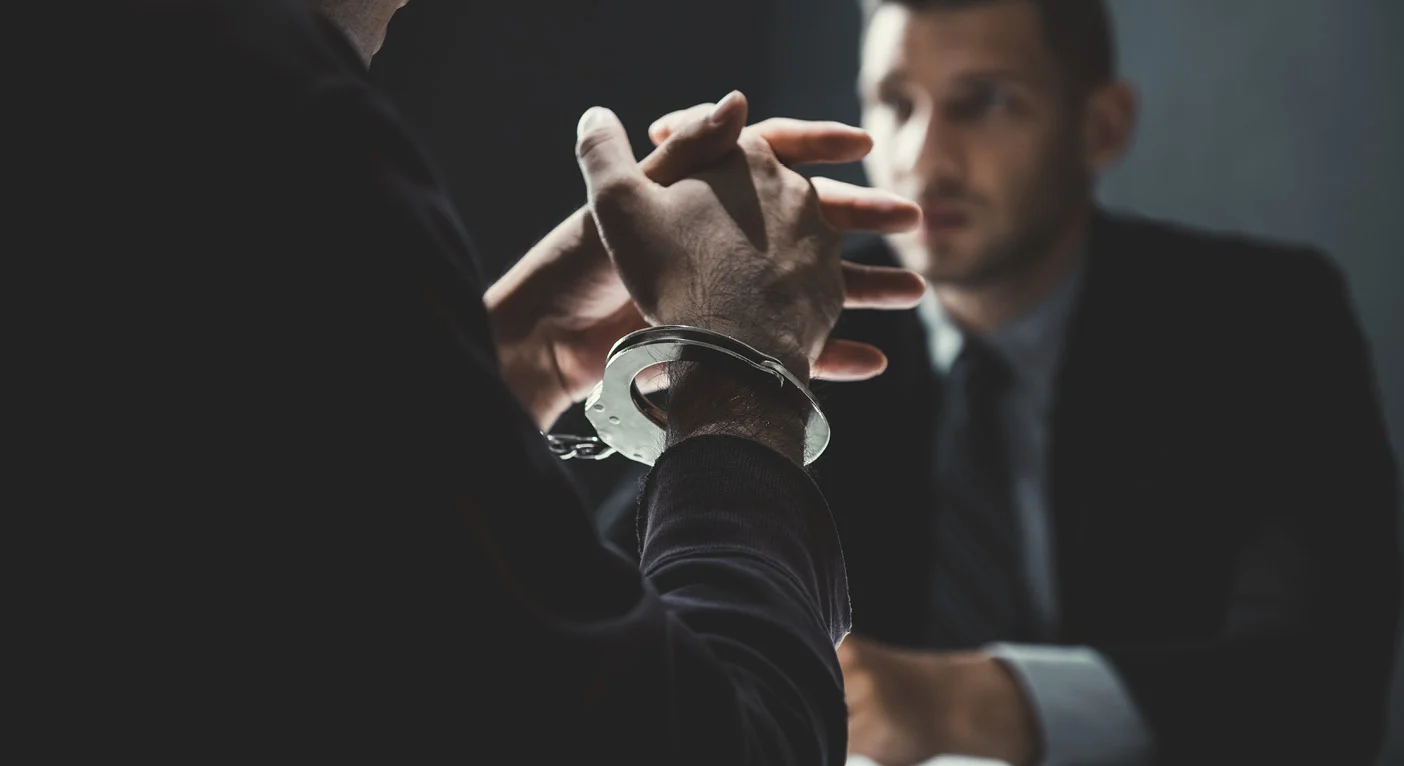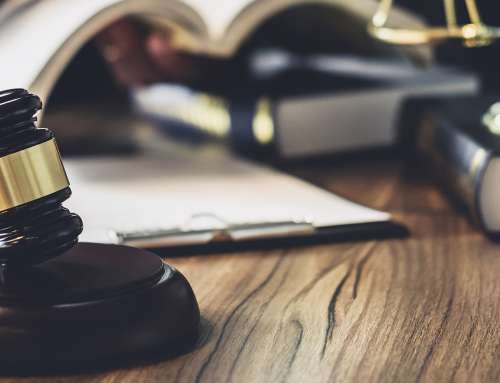TABLE OF CONTENT
- The Forensic Psychology Ethics
- Compliance for Forensic Psychologist Expert Reports
- Ethical Struggles of a Forensic Psychologist Expert in London
- 5 Challenges Forensic Psychologists Face in London
- 1. Cognitive Bias
- 2. Sympathy Bias
- 3. Favoritisms in Law and Justice
- 4. Investigative Strategy Conflict
- 5. The Outcome Consideration
- Get Part 35 CPR Expert Witness Report
- Need a Forensic Psychologist Expert Witness in London!
Forensic psychologists are mental health professionals who use their expertise in psychology to assist with legal issues. A forensic psychologist expert witness in London may be asked to provide expert testimony in various settings, such as criminal trials, civil lawsuits, or administrative hearings.
As a witness, forensic psychologist expert in UK has a significant role in the legal system. These professionals can provide the court with insights into the psychological aspects of a case, which can help the judge or jury make a fair verdict. There is enormous growth in the research and training of forensic psychologists, along with special techniques and tools, furthering fairness and justice.
However, a forensic psychologist expert in London also face a number of challenges in their work. These challenges lead to several complications, including bias, favouritism and several conflicts, adding more to a myriad of ethical and legal issues for forensic psychologists.
This blog examines the stemming reasons for bias in the practice of forensic psychology and offers guidelines for forensic psychologists who offer services as expert witnesses.
The Forensic Psychology Ethics
A forensic psychologist expert in London is frequently required to serve as witnesses in tribunals and courts – a job that requires particular expertise, skill and judgment that is often overlooked.
Thus, forensic experts can provide expert testimony regarding a person’s capacity to stand trial, whether the defendant committed the crime due to a mental disability, whether the defendant needs treatment and other issues. However, some ethical principles pin forensic psychology experts’ practice. These include:
- The Justice Principle demands that any forensic psychologist expert in London be fair and impartial, no matter what.
- They must only form opinions on someone they have evaluated or assessed.
- Their opinion must be created by assessment and supported by evidence
- Multiple Relationships demands that psychologists do not have any prior relationships with their patients because it hinders their ability to remain unbiased.
2. Non-Maleficence demands that a forensic psychologist expert in London makes sure he does not offer opinions outside their professional expertise because it can lead to potential harm.
Read: What is the Difference Between Criminology and Forensic Psychology
Compliance for Forensic Psychologist Expert Reports

A forensic psychology report is a scientific document which includes an expert’s findings and recommendations. Without a doubt, a forensic psychologist’s report is a critical element of criminal court proceedings.
A forensic psychology report provides guidance when a lawyer builds their case, supporting a client’s right to a fair trial when presented to the court. For further insight into forensic psychiatric reports, keep reading:
- General Information: A forensic psychologist’s report includes the expert’s and client’s information according to the rationale provided by the Criminal Procedure Rules (CrimPR part 33)
- User identifying information: An expert’s report usually focuses on the client’s information (behaviour, cognitive ability, etc.). However, the time required by forensic experts to speak with criminals to understand the details might vary.
- Methodology: Files, interviews, behavioural observations, and tools for psychological testing are frequently used by forensic psychologists for report formulation
- The case background: This is a summary of the case for which the a forensic psychologist expert in London is mostly hired. A forensic psychology report must elaborate on and provide insights into the case properly.
- Integrating results: The report must contain the techniques and tools used to find results in a chronological manner.
- Integration of the findings: Forensic psychologists must combine all their data and present their findings logically and understandably.
- Report conclusions: When concluding the report, forensic psychologists must understand the degree to which the information collected can be objectified. Alongside this, they must also prepare a clear and concise response to the questions raised from their conclusions.
- Recommendations: The report writer (who can be a forensic psychologist expert in London) only includes recommendations in the forensic psychological report if a court authority requests them or if the expert witness feels the court should be aware of them.
- References: They are crucial because they enable a review of the theoretical, technical, and scientific sources that the expert witness consulted when creating the report.
- The annexes of the report: Annexes are the tests, questionnaires, sketches, or papers that play a crucial role in the intricacy of the case. It is always a good idea to attach the annexes at the end of the report.
Conclusion:
A forensic psychology report must be properly written. The forensic psychologist must adhere to the criteria above to ensure the report is clear, concise, objective, and ethical. A forensic psychologist expert in London’s opinion or judgement will likely be influential in the court’s ruling; hence they must remain ethical in the practice of forensic psychology.
Read:How expert witness Helps you Personal Injury Cases
Ethical Struggles of a Forensic Psychologist Expert in London
The primary duty of a forensic psychologist expert in London is to conduct training, research, and evaluation. Furthermore, they make treatment and therapy recommendations for rehabilitating criminals. Several underlying ethics and principles guide the forensic psychology practice. However, the following are the ones that largely influence forensic psychology:
The regulations controlling the actions of a forensic psychologist expert in London need a scientific foundation. This is partly because forensic examination uses psychological knowledge (a relatively new field).
The intricacy of a forensic expert’s professional practice’s role structure presupposes a variety of professional behaviours, such as those of a researcher, counsellor, and consultant.
The scarcity of discussion forums and research work focused on ethical issues in forensic psychology is also a challenge.
According to Robert M. Wettstein, if the following actions are carried out correctly, each of these procedures would guarantee that the most significant ethical standards are sustained and maintained in the following situations. The following are these steps:
- Determine the subject and the issue
- Take context and environment into consideration
- Find and make use of materials for law and ethics
- Take into account your values and beliefs
- Create potential remedies for the issue
- Consider the possible results of alternative solutions
- Select a course of action, carry it out, and
- Evaluate the results and make any necessary adjustments.
5 Challenges Forensic Psychologists Face in London
The court requires forensic psychologists in London for multiple cases, but the number of ethical complaints against them is relatively high considering the legal arena. However, it is because the parties involved in legal proceedings suffer emotionally and are at risk.
Therefore, they are susceptible to any behaviour they believe is disrespectful to their rights.
It must be understood that forensic psychologists in London are the advocates for the cause, not the person or the court. Thus, in legal settings, psychologists provide opinions to support their cause instead of advising the court regarding the situation in question.
The common ethical and legal challenges faced by forensic psychologists in London include the following:
1. Cognitive Bias
Cognitive bias does not mean favouritism or prejudice, considering forensic psychology. Cognitive bias is universal and develops because our minds identify certain behavioural, emotional and psychological patterns based on our experiences, skills, and the information we consume. Similar issues can be encountered when forensic evaluators are affected by their opinions of the offender or their crimes. This can affect the assessment in any direction.
2. Sympathy Bias
Forensic psychologists in London might be able to identify with the offenders or view them as victims of abuse and neglect, which can reduce their responsibility. On the other hand, a forensic expert may become sympathetic to the victim and subconsciously concentrate on the criminal nature of the offence. In both cases, the forensic psychologist’s integrity-seeking role and obligation to the judge may be impaired.
3. Favoritisms in Law and Justice
The nature of work in forensics, especially those performed by private practitioners, typically involves requests from barristers or solicitors seeking out details that aid their case. Certain referrals may involve obvious statements regarding what the solicitor believes the forensic psychologist expert in London can discover. For instance, certain legal professionals may demand psychologists amend their reports.
4. Investigative Strategy Conflict
In certain circumstances, they are justified, like the case where a factual error has been recognised. However, requests for changes in opinions could put psychologists under pressure, and their investigative strategy might become biased. It furthers the concern by question-marking what could occur to the offender if the psychologist provides a negative opinion.
5. The Outcome Consideration
Forensic experts must concentrate on their analysis and provide evidence to support their conclusions. However, during this process, they must consider every hypothesis valid until proven otherwise. Furthermore, they must be uninterested in the outcome of the legal dispute or the consequences that their report brings.
Get Part 35 CPR Expert Witness Report
Need a Forensic Psychologist Expert Witness in London!
The need for forensic psychologists is increasing as courts recognise the value of psychologists having these competencies. However, the need for impartial and just forensic experts is still a rising concern.
If you are involved in a legal case that involves psychological issues, you need the help of an experienced psychologist expert witness. We have a panel of HCPC-registered psychology experts pre-screened based on their qualifications, training, conduct, and previous performance. Our team of experts can provide you with the legal and psychological support you need to get the best possible outcome.




